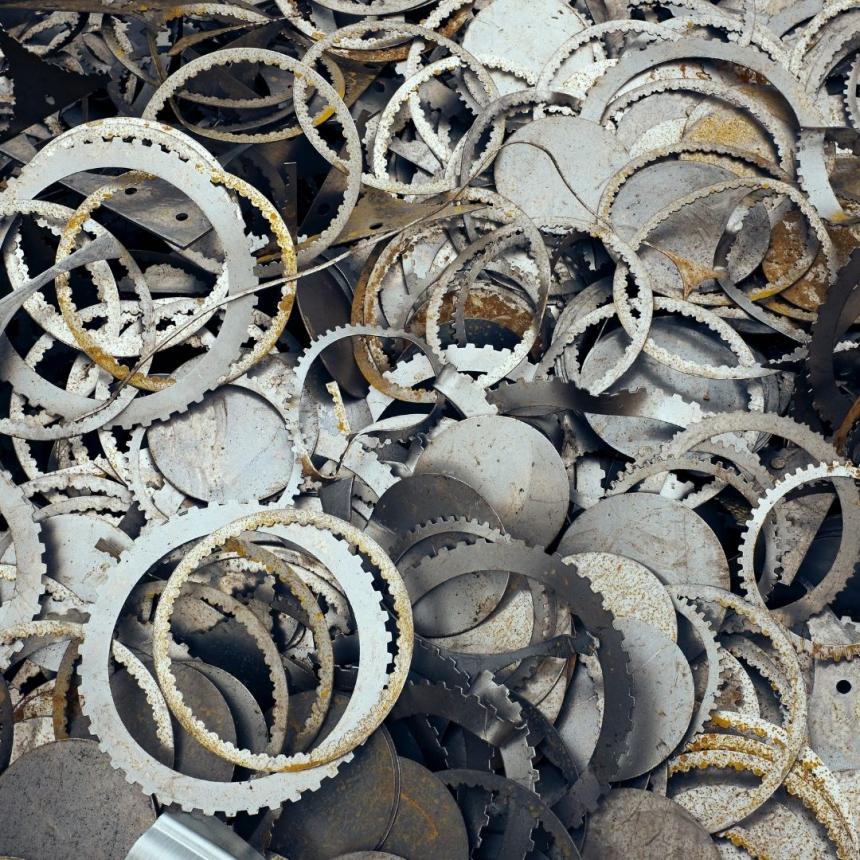Pure metals possess distinct physical and chemical properties but when combined with other metals, they form alloys that possess greater strength and more desirable qualities.
Manufacturers generally rely on nickel alloys due to its ability to function even in the most adverse conditions. From making turbine blades in jet engines to springs in high precision watches, nickel alloys are preferred over other metals due to its increased hardness, improved tensile strength, and enhanced corrosion resistance.
In today’s post, let’s learn more about the different applications of nickel alloys and why nickel alloy recycling is good for the manufacturing industry:
Nickel Chromium (NiCr) Alloys
Also called nichrome, nickel chromium alloy is typically composed of 80% nickel and 20% chromium. It has a high melting point at around 2500° Fahrenheit and is very resistant to corrosion and wear.
Due to its resistance to oxidation, nichrome is a popular material in heating elements. For instance, the heating element of your toaster is usually made of a thick nichrome wire. One advantage of nichrome over other metals is its ability to create an outer layer of chromium oxide when heated. This inorganic compound is thermodynamically stable in air and impermeable to oxygen while protecting the heating element from further oxidation.
Examples of NiCr alloys are 70-30 (UNS N06008), C-Grade (UNS N06004) Alloy X-750 (UNS N07750, Alloy 600 (UNS N06600) and Alloy 601 (UNS N06601).
Nickel Copper (NiCu) Alloys
Copper-nickel or cupronickel is an alloy of nickel and copper (60%-90%) with small amounts of strengthening elements like iron and manganese. This type of alloy is highly resistant to corrosion by salt water making it an ideal material for condensers, heat exchangers, and piping in seawater systems and other related applications. NiCu is also the preferred material for boat hulls. Because of its resistance to corrosion, the hull is functional without coating. As a result, companies can save on fuel and hull maintenance. Alloy 400 is the best known NiCu.
Mississauga’s metal recycling facility, Alnor Industries, promotes e-waste and nickel alloy recycling. Call us at 905-799-0017 so we can pick up your scrap metal.



